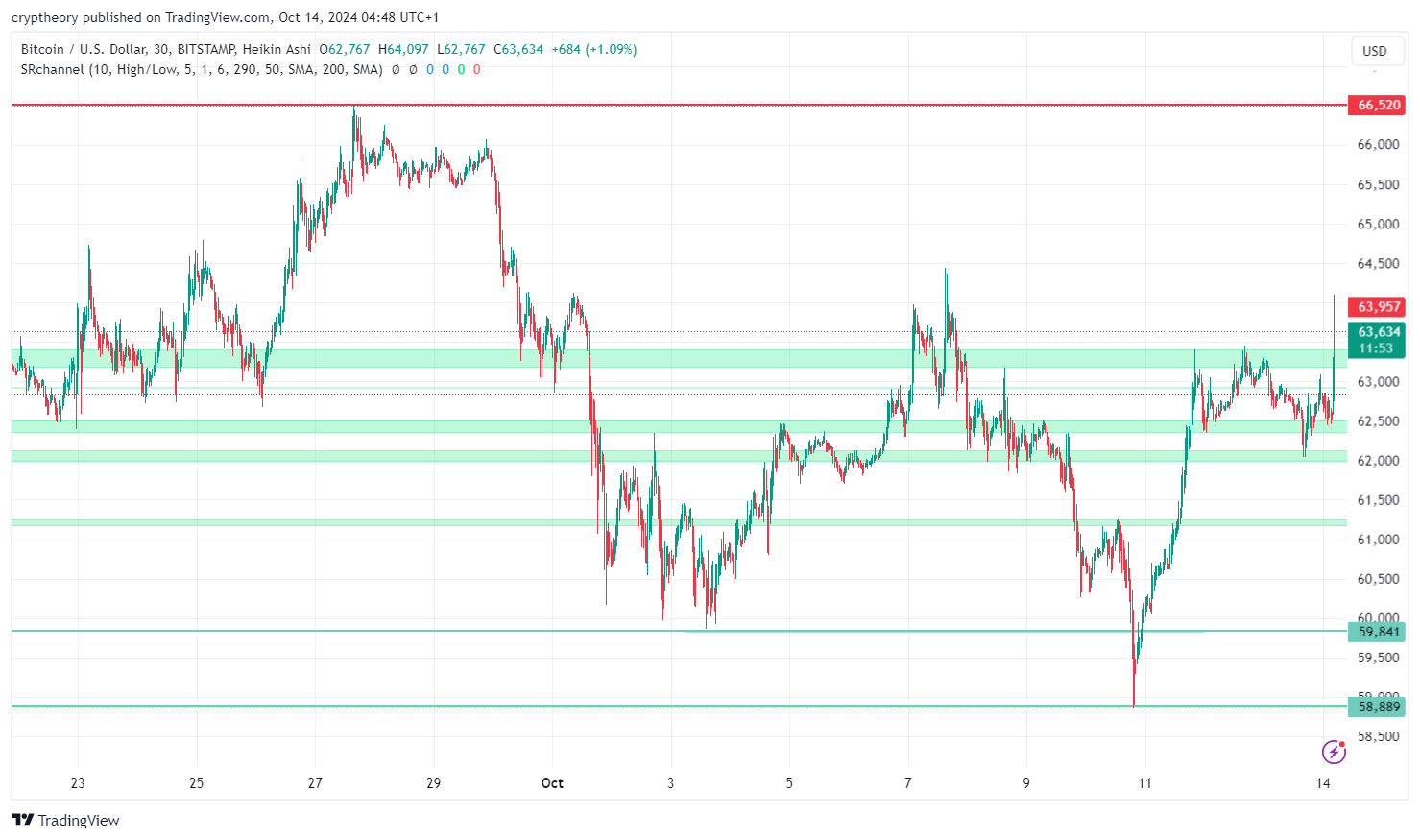National Assembly of Panama passed the law regulating cryptocurrencies in the country.
Among the points of the new law, the main one is the exemption from taxes on capital gains in operations. That is, those who trade cryptocurrencies will not need to pay taxes on the profits of this operation.
For Gabriel Silva, deputy author of the law, the approval is a milestone in the history of Panama. Silva thanked the deputies and says he hopes that the law will put the country at the forefront of innovation within Central America.
“This will help Panama to become an innovation and technology hub in Latin America.”
The new Panamanian law now goes to President Laurentino Cortizo, who can sanction or veto the bill.
Legal rules and tax exemptions
Panama created its bill in September 2021. More precisely, on the same day that BTC became legal tender in El Salvador, and the BTC Ley actually served as an inspiration for Gabriel Silva.
However, the Panamanian bill does not make BTC an official currency in the country. What the law does is regulate the use of cryptocurrencies as a means of payment, as well as encourage the installation of companies in the sector.
Interestingly, both Panama and El Salvador use a foreign currency, that is, the dollar. For Silva, the legislation can insert the country as a local reference.
“Our goal is to make Panama a country compatible with blockchain, crypto assets and the Internet. We want to generate thousands of jobs, attract investment and make the government transparent”, said the parliamentarian in September.
The new law regulates the trading and use of crypto assets, the issuance of digital value, the tokenization of precious metals and other assets. There are also other provisions regarding their use as payment systems in the country.
As for transactions, cryptocurrencies will be exempt from capital gains taxes. The measure makes the country an excellent option for traders who operate in this market and want to avoid taxation.
Payment method and taxes
In addition to the points already mentioned, two more articles of the law are worth mentioning. First is Article 8, which provides for the free use of cryptocurrencies. That is, companies and individuals will be free to close contracts using BTC or ETH, for example.
“Article 8, it is proposed that natural persons located in Panama may freely agree to the use of cryptocurrency, including BTC and ETH without limitation, as a means of payment for any civil or commercial operation not prohibited by the legal system.”.
Article 9 expands Article 8 to the state scope, allowing the possibility of paying taxes, fees and other tax obligations with cryptocurrencies. In that sense, the Panamanian law resembles both that of El Salvador and the law passed in the Central African Republic this week.
Therefore, the law makes room for BTC or another cryptocurrency to gain legal tender or even official currency status in the future.
Analyst names the best play-to-earn games to keep an eye on in May






















